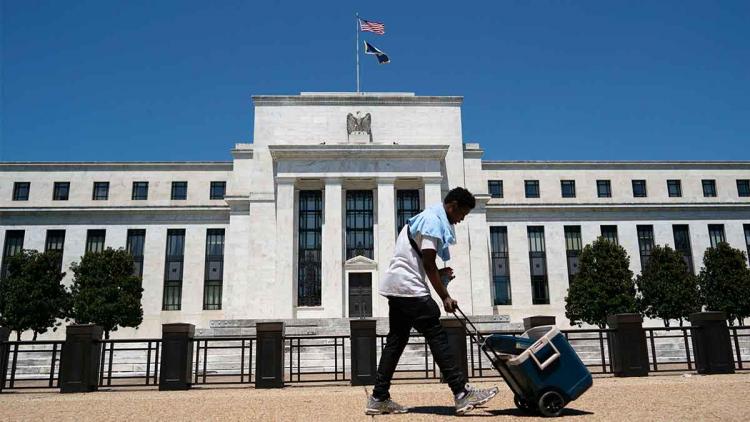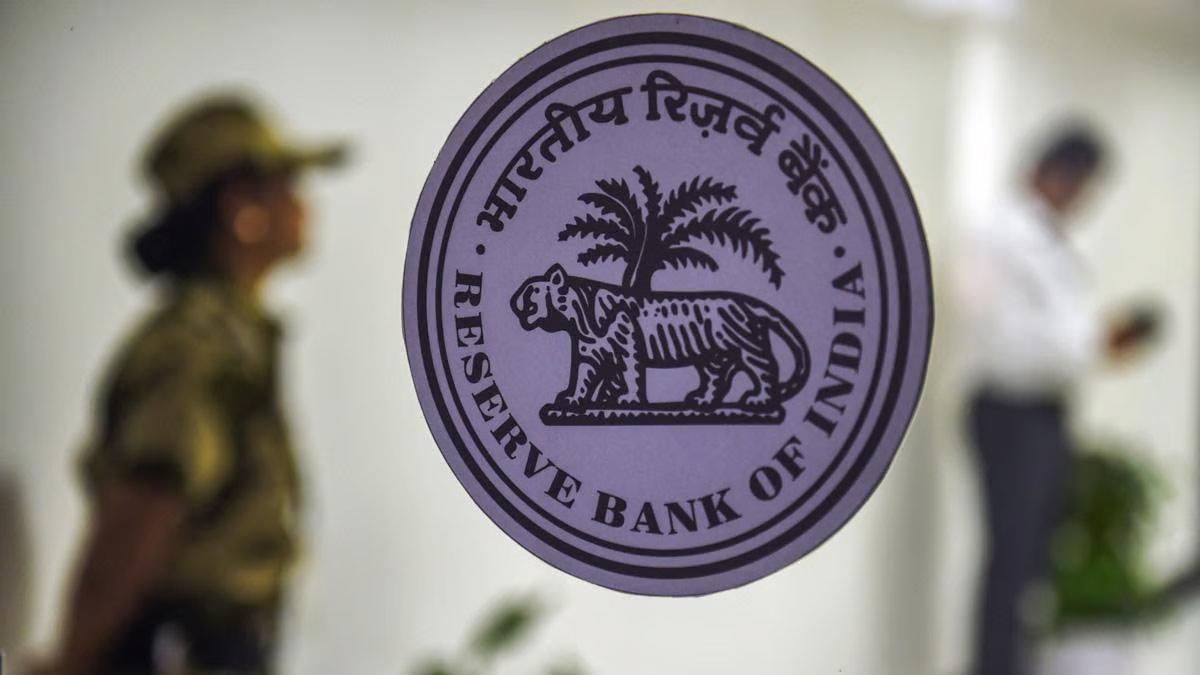Major central banks in the Western world are expected to maintain current interest rates this week despite concerns about persistent high inflation, as reported by The Guardian. The US Federal Reserve, Bank of England (BoE), and European Central Bank plan to keep rates steady to combat inflation, although markets anticipate future cuts in response to cooling inflation and the strain of high borrowing costs on economic growth.
This stands against the backdrop of potential recessions on both sides of the Atlantic ahead of critical elections. Experts like Raphael Olszyna-Marzys from J Safra Sarasin Sustainable Asset Management anticipate a consistent message: progress in curbing inflation is positive, but there's no room for complacency.
Financial markets reflect this outlook, with predictions of up to 1.4 percentage points in cuts by the Fed and ECB by 2024. Expectations for the BoE suggest a potential nearly one-percentage-point cut in rates.
Key Points:
1. Major central banks in the Western world, including the US Federal Reserve, Bank of England (BoE), and European Central Bank, are anticipated to maintain current high interest rates due to persistent concerns about inflation, as reported by The Guardian.
2. Despite these expectations for unchanged rates, there's a growing belief in financial markets that next year could see significant cuts in interest rates. This move is seen as necessary to ease borrowing costs and address the cooling inflation, which has been at historically high levels.
3. The primary aim behind holding the current interest rates steady is to ensure a gradual decline in inflation rates, which have remained stubbornly high for an extended period, posing economic challenges.
4. Analysts, such as Raphael Olszyna-Marzys from J Safra Sarasin Sustainable Asset Management, suggest that while progress has been made in curbing inflation, caution is necessary to prevent complacency in managing economic stability.
5. Market trading reflects an expectation of potential interest rate cuts by major central banks. Nomura's data suggests a likelihood of up to a 1.4 percentage point reduction by the Fed and ECB by the end of 2024.
6. The Bank of England, in particular, is under intensified pressure with expectations for a substantial rate cut of nearly one percentage point, signaling concerns about the impact of high borrowing costs on economic growth.
7. The overarching concern is that persistently high borrowing costs might lead to economic slowdowns or even recessions in the US, Europe, and the UK, especially with key elections looming on both sides of the Atlantic.
8. The consensus among these central banks seems to be acknowledging the progress made in addressing inflation but also recognizing the need for cautious and strategic actions to balance economic growth with inflation control.
9. The forecasted interest rate cuts in the near future represent a response to the economic challenges posed by high borrowing costs and the imperative to stimulate economic growth without aggravating inflationary pressures.
10. As the global economy faces this crucial juncture, the decisions made by these central banks in managing interest rates will significantly impact the trajectory of economic growth and stability, especially in the lead-up to important electoral events.
(With Agency Inputs)
ALSO READ | US Federal Reserve Maintains Interest Rates, Hints at Possible Future Increase
ALSO READ | Investors feel nervous over US Fed's Nov 1 statement on bond issuance


















